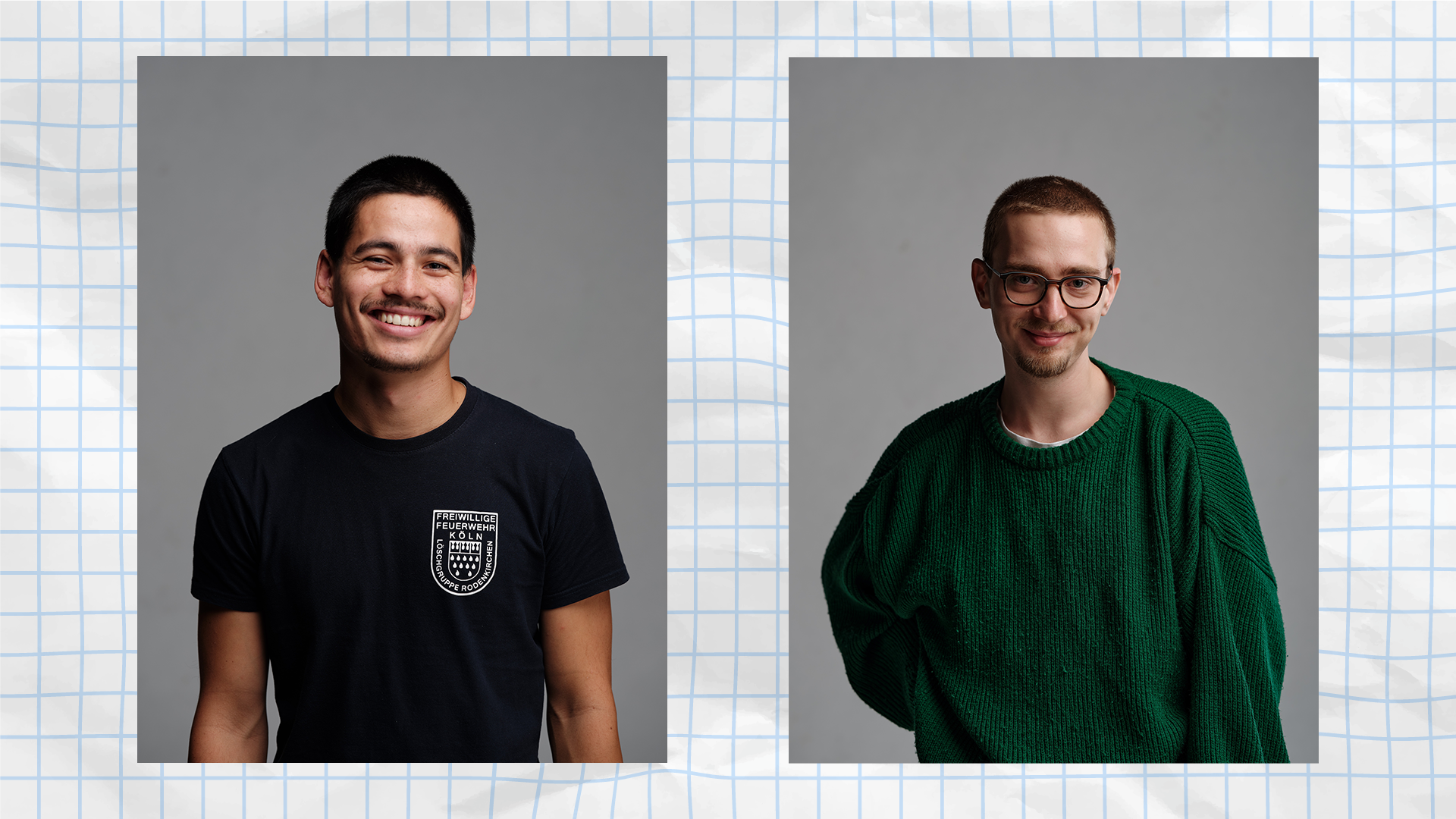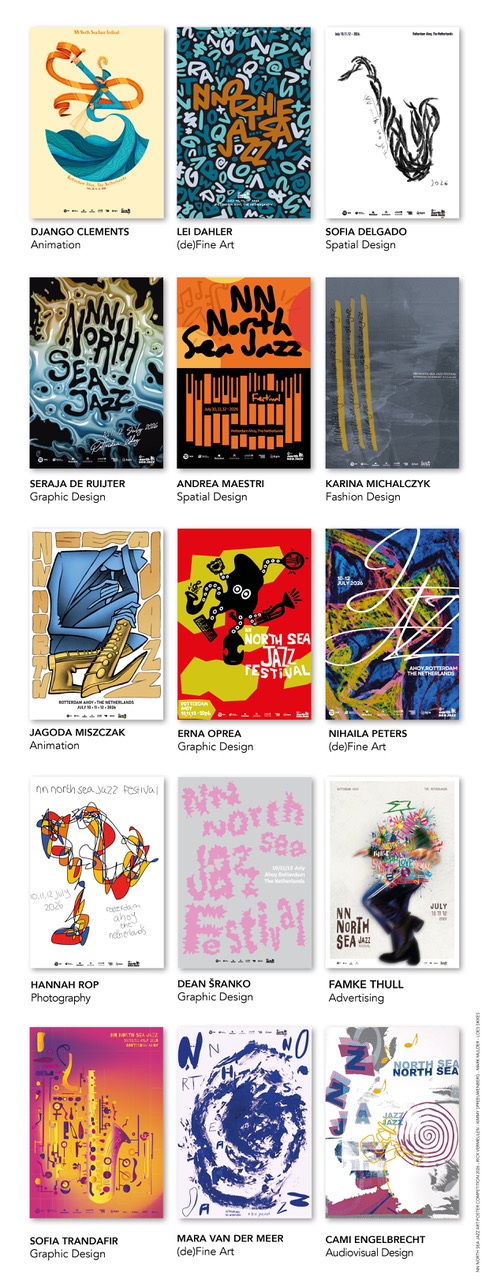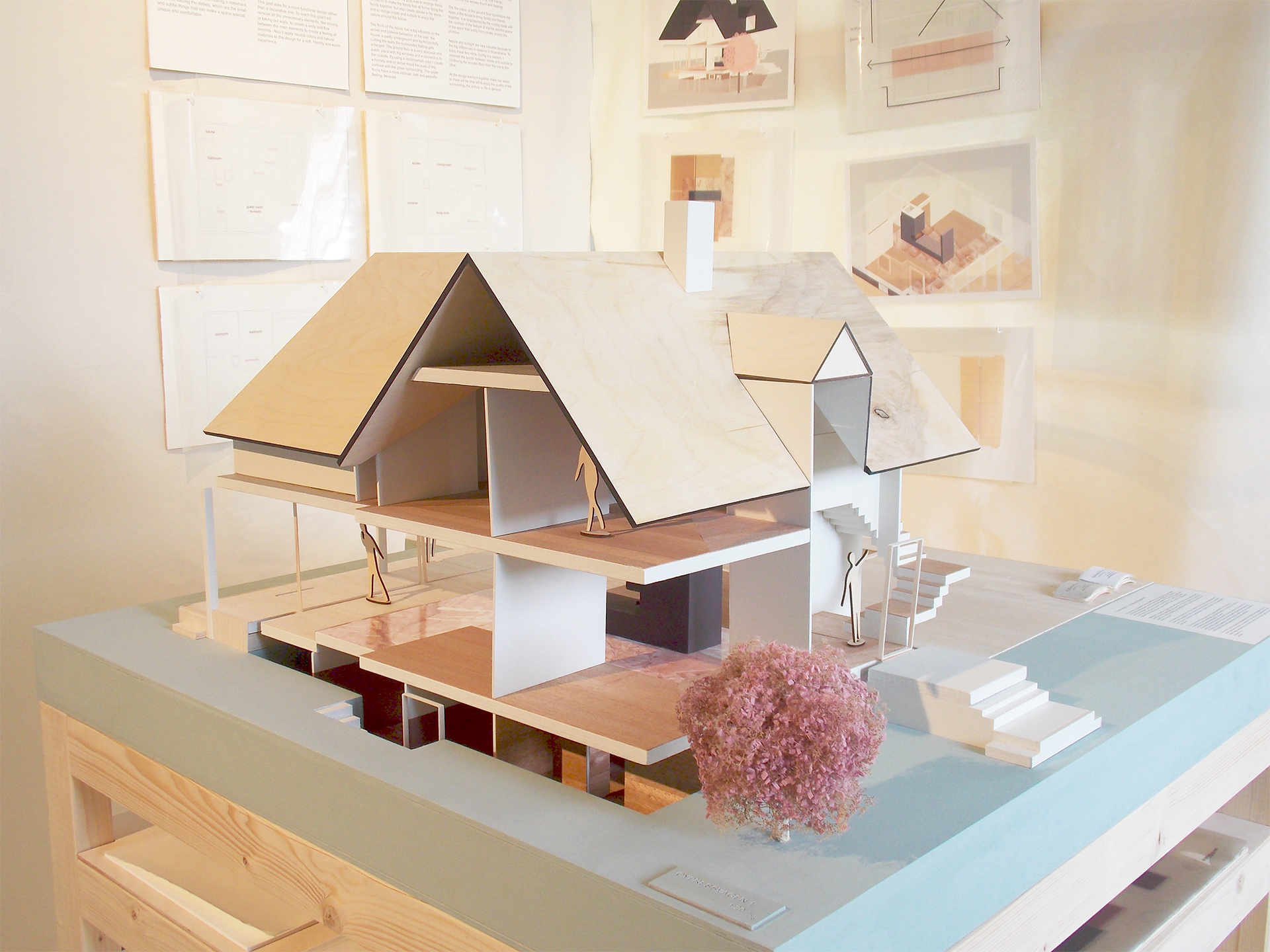dacha, noun,\ˈda-chə\: a Russian country cottage used especially in the summer.
When I am at the summer house I have a lot of free time. I read and look around. Whatever I read gets projected onto whatever I see. Here are two metaphorical systems I found fitting to my Dacha Story: the semiosphere of Juri Lotman illustrating the microcosmos, and the time-duration cone of Henri Bergson illustrating time.

Juri Lotman (1922–1993)
Juri Lotman is a Russian/Estonian literary and cultural historian, a founder of the Tartu-Moscow Semiotic School. Unfortunately, his sign systems studies are not as well-known as Umberto Eco’s. Juri Lotman seems to have been a very kind man, and he is my imaginary best friend at the moment. Please remember him; he is a hero.
Photo: Ülo Josing/ERR archive
The semiosphere, a bubble of signs or meanings, is a universe or microcosmos, a text or a city, one’s imagination or my head. Just like my summer house – an actual private place, separated from the rest of the world by a fence and wishful thinking, stuffed with a dense collection of personal metaphors. By returning there every year I keep seeing things that are so familiar in a new light. It is coloured by too much oxygen and the emotions that come with being my parents’ child again.
Every object or gesture can become a metaphor with multiple meanings if you give it enough time – as in Bergson’s ‘attention to life’, the point of actual time duration that finds its place at the apex of a funnel filled with memories and accumulated experiences.
The pure present is an ungraspable advance of the past devouring the future. In truth, all sensation is already memory.

Henri-Louis Bergson (1859 – 1941)
"Henri Bergson, a French philosopher whose theory on memory and ‘time duration’ influenced his relative Marcel Proust and the Nabi, distinguishes between two forms of memory. He uses the metaphor of a lesson learnt by heart by repeated reading to illustrate the two memories of which the one imagines and the other repeats."
Usually I stay at the summer house for one or two months. While I am there, my perception of time changes, and some of my priorities change with it. This happens gradually. It takes me about two weeks to get ‘synchronized’ with the surroundings and my parents’ pace. A day feels endless; every day looks like the day before. Somehow, because I don’t do much, this period becomes productive. A bored brain seems to create its own entertainment by connecting the dots, by finding unexpected associations and creating new meanings. My head is empty enough to find a story on a kitchen table or under a berry bush. Or to find justification for my passivity, so I can just lie under the apple tree with a book and wait for my mother to bring me food.
The dacha has a long history as the summer estate of the Russian gentry; an ancestor’s home with serfs and hounds, a place to lose at the gambling table; with a little teahouse in the garden – a place for secret meetings with a naive but wise girl in a white dress (so Turgenev). There, a Russian novel.
The dacha was also a dream and a must-have for Soviet citizens who spent their summers butts up, weeding and digging potatoes to hoard them up for winter. There are several famous dachas near Pskov (where I come from) – Nabokov’s, Rimsky-Korsakov’s, Mussorgsky’s, Pushkin’s, and mine ↓.
Alexander Pushkin spent two years in exile at his family estate Mikhailovskoye; Joseph Brodsky was sentenced to 18 month of labour in the village of Norenskaya – that, with a bit of a stretch, could also be called a dacha-esque experience. Those periods of exile were later considered very important in the development of the poets’ oeuvres. Both wrote a lot, there were visible changes in their styles and ‘life positions’, both frantically asked friends to sent more and more books. Brodsky was 24, Pushkin 25; Pushkin wrote around 100 works, Brodsky around 80. Pushkin’s place was much more comfortable than Brodsky’s of course, if you can possibly compare a family estate to a hut in a kolkhoz. Pushkin had his nanny tell him fairytales, made a baby with a maid, and visited his neighbours – five women he fell in love with, one after the other.
What did Brodsky have? Some knitted carpets, hopefully. According to his friend and biographer Lev Loseff, Brodsky looked back at this period as one of the best of his life. Vyazemsky, a friend of Pushkin, wrote that it was a miracle that Pushkin didn’t become an alcoholic – ‘ne spilsja’. The same goes for Brodsky, I guess. Especially if you consider the drinking habits in the deep Russian province. I mentioned already the deep admiration Lotman had for Pushkin’s ‘zhiznestroitel’stvo’ – life-building, the inner logic of his life path that can be discerned in all his actions. His biography is not a sum of events shaped by external factors, but by his internal, psychological integrity.



